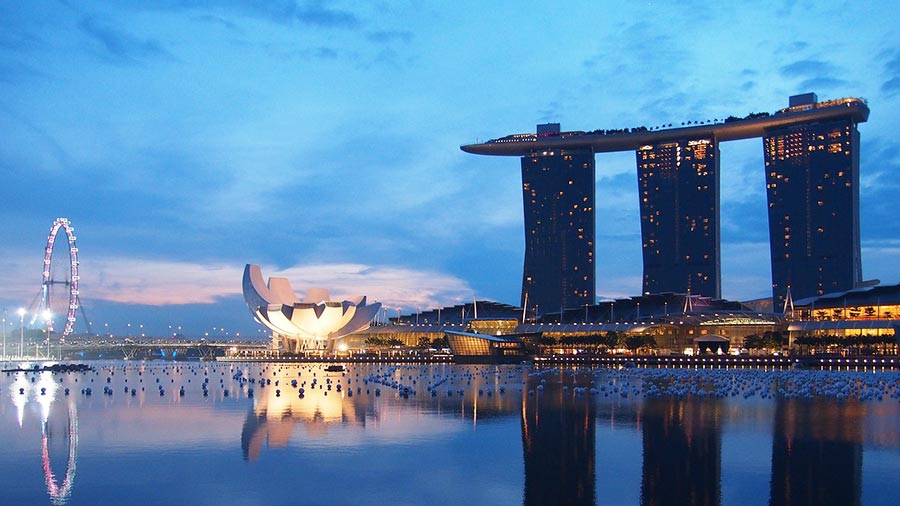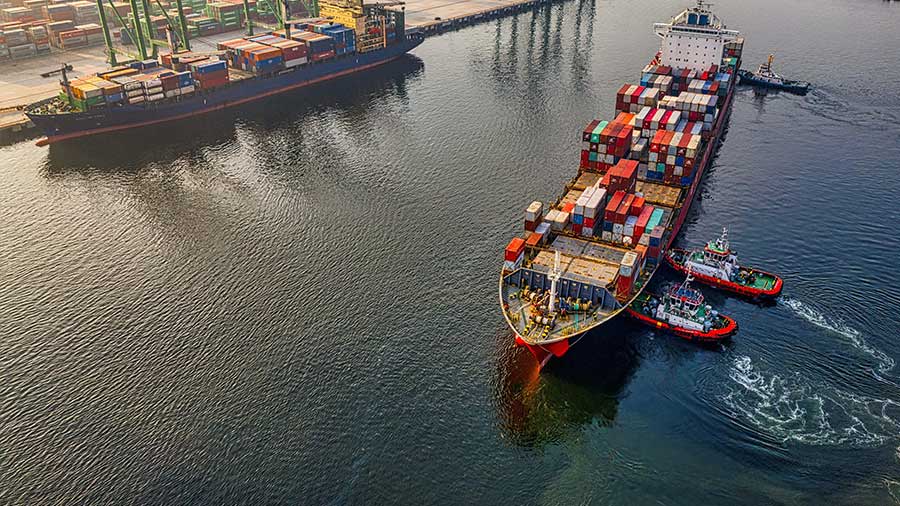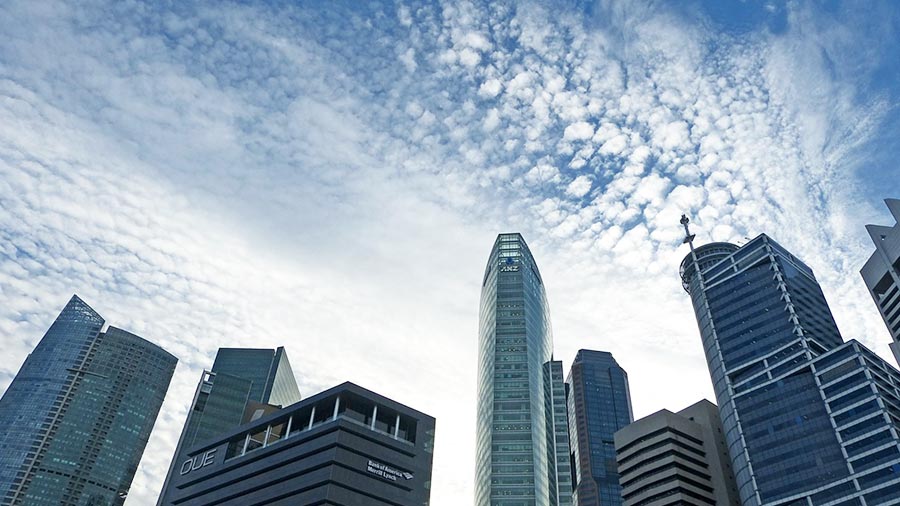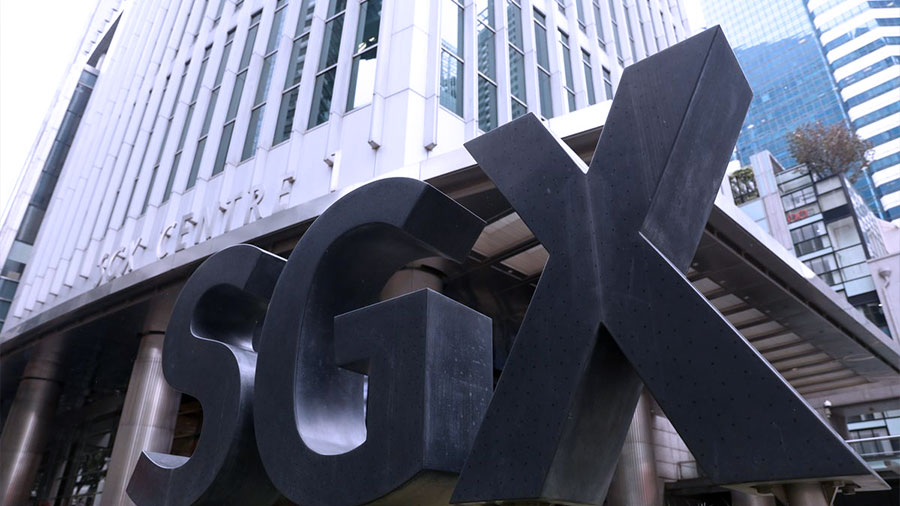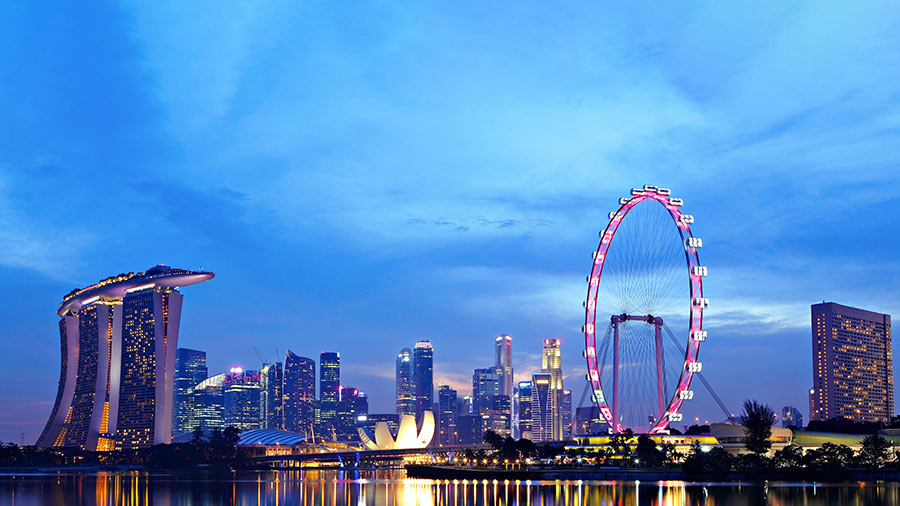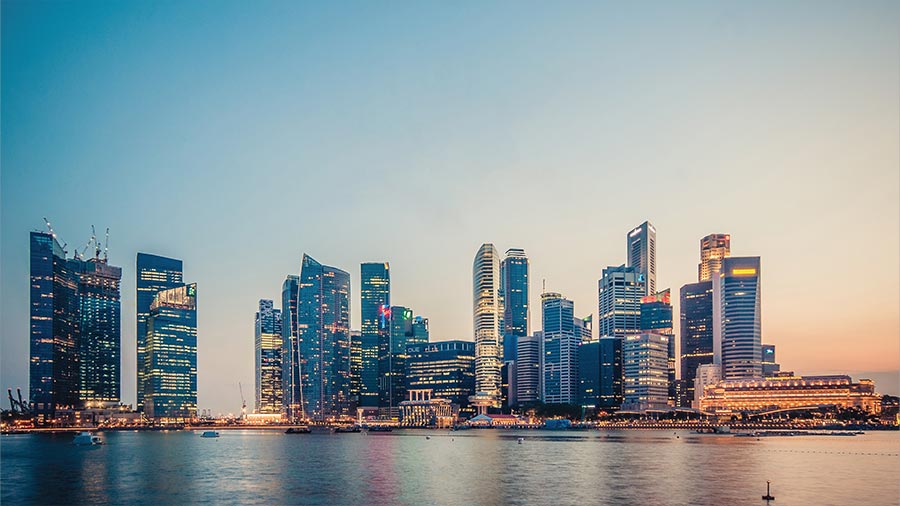Singapore has a highly developed, open, and appealing free-market economy with several sectors thriving due to government incentives, lack of red tape and transparent business environment offering robust opportunities at low investor risk.
Government support and a streamlined business setup process
The Singapore government provides various support measures to make it easier for companies to do business in the city-state. Apart from the fiscal and non-fiscal incentives, the country offers a stable socio-political environment, easy business setup, an attractive tax regime, and a plethora of free trade agreements to take advantage of.
Singapore’s efficient business environment is further demonstrated by the ease with which foreign investors can incorporate a business in the country. Registering a company can take as little as one day provided all the files are in order.
The private company limited by shares, commonly known as a private limited company, is the most preferred type of entity among foreign investors in Singapore. This entity is the most flexible, advanced, and scalable type of business form. Further, the Companies Act of Singapore allows for 100 percent ownership of Singapore companies by foreign persons or companies.
There are certain sectors in Singapore that are considered crucial for national security, such as telecommunications, broadcasting, domestic news media, financial services, legal and accounting services, ports, airports, and property ownership. In these sectors, Singapore has implemented some restrictions on foreign investment. According to Singaporean law, the articles of incorporation for businesses in these sectors can specify limits on the shares that foreign individuals or entities can own.
Further, Singapore has legal distinctions between foreign and local banks and the type of license they may get (i.e., full service, wholesale, and offshore banks).
The Singaporean government has introduced several key initiatives and incentives designed to attract and support businesses. These include:
Productivity Solutions Grant (PSG)
Aimed at encouraging SMEs to adopt IT solutions and equipment to enhance business processes. The PSG provides up to 80 percent funding support for eligible solutions, making it easier for businesses to invest in productivity-enhancing technologies.
Startup SG Equity
This scheme co-invests in startups alongside private sector investors, providing critical funding support for innovative enterprises. The government’s participation lowers the risk for private investors, thereby encouraging more investment in local startups.
Enterprise Development Grant (EDG)
This grant supports projects that help businesses grow and transform. It covers areas such as market expansion, productivity enhancement, and business transformation, providing up to 70% funding support for qualifying costs.
Global Investor Programme (GIP)
Aimed at attracting global investors and entrepreneurs, the GIP offers a pathway to permanent residency in Singapore for individuals who invest in or establish businesses in the country.
Top industries in Singapore
Singapore is well-positioned to face the challenges and reap the benefits of Industry 4.0. As an established regional powerhouse for advanced manufacturing, the country has already embraced Industry 4.0 and is steadily moving its production base up the value chain in various sectors.
Precision engineering and manufacturing
Singapore’s largest industry by far is manufacturing – contributing between 20 and 25 percent to the country’s annual GDP. Electronics manufacturing is the bedrock of Singapore’s manufacturing sector, contributing to approximately eight percent of the GDP and 20 percent of total manufacturing jobs. From its modest beginning as the only TV assembly plant in Southeast Asia, Singapore has become a vital manufacturing hub for higher value-added electronic components.
|
Singapore’s High-Value Manufacturing Capabilities at a Glance |
|
|
Biomedical sciences |
60 percent of the world’s micro-arrays are produced in Singapore. One-third of the world’s mass spectrometers and thermal cyclers are also produced in the country. |
|
Pharmaceuticals |
Four out of the 10 drugs by global revenue are manufactured in Singapore. |
|
Energy |
Singapore is the fifth largest exporter of refined oil in the world. |
|
Chemicals |
Singapore is ranked in the top 10 globally for chemical exports by volume. |
Industry 4.0 will impact operational processes and technologies used in Singapore’s manufacturing sector. This includes everything from automation and the application of the Internet of Things (IoT) to robotics and 3D printing. Manufacturers that can embrace Industry 4.0 stand to benefit from higher efficiency, cost savings, and a boost to the bottom line growth. We explore key sub-sectors within Singapore’s manufacturing sector that can implement or have already implemented Industry 4.0 practices.
Energy and chemicals
Singapore’s oil industry alone contributes approximately five percent to the country's total gross domestic product (GDP). This substantial contribution is largely due to Singapore's status as one of the top three countries globally with export refining centers. In 2017, the nation’s oil exports reached approximately 68.1 million tons, highlighting its importance in the global energy market.
The influence of the oil sector extends to other industries such as chemicals and the manufacturing of gas and oil equipment. Singapore meets 70 percent of the global demand for jack-up rigs and Floating Production Storage Offloading (FPSOs) unit conversions.
Additionally, about 20 percent of the world's ship repair needs are serviced by Singapore, creating jobs for around 70,000 people. To further enhance its capabilities, Singapore is expanding underground caverns for petroleum storage, which presents more investment opportunities in the sector from global investors.
Sustainability and green initiatives
Singapore's energy and chemical sectors are increasingly focusing on sustainability and green initiatives to align with global environmental standards and reduce their carbon footprint. The country aims to have at least 2 gigawatt-peak (GWp) of solar capacity by 2030, which will meet about 10 percent of Singapore’s peak daily electricity demand
The chemical industry is also adopting sustainable practices, such as the use of green chemistry principles to reduce waste and enhance energy efficiency. Companies are investing in research and development to create eco-friendly chemical products and processes. Additionally, there is a growing emphasis on the circular economy, where resources are reused and recycled to minimize environmental impact.
Pharmaceuticals and Biotechnology
Singapore is a leading hub for biotechnology in the region, boasting the largest biotechnology facilities in Asia. Leading drug maker, GlaxoSmithKline (GSK) invested US$300 million to develop a plant for producing pediatric vaccines. Between 2011 and 2015, the Singaporean government invested approximately US$16.1 billion in the biotechnology sector, underscoring its commitment to fostering innovation and growth.
Singapore's focus on biotechnology has resulted in the establishment of state-of-the-art research facilities and a thriving ecosystem for biotech companies. The country’s strategic investments in research and development (R&D) have spurred innovations in areas such as gene therapy, personalized medicine, and advanced drug delivery systems.
Several international pharmaceutical and biotechnology companies have established their manufacturing bases in Singapore, major firms such as Merck Sharp & Dohme (MSD), Novartis, Abbott, and others have set up operations in the country, leveraging its strategic location and world-class facilities.
These parks offer a range of advantages, including tax breaks, cutting-edge infrastructure, and various incentives designed to support business growth and innovation.
In addition to established companies, Singapore is also home to an emerging startup ecosystem. The government provides substantial support to biotech startups through funding, mentorship programs, and access to state-of-the-art facilities.
Tourism and medical tourism
Singapore’s healthcare system consistently ranks among the top worldwide, attracting patients from various continents who seek specialized treatments, advanced healthcare technology, and exceptional patient care.
The country's commitment to healthcare can be traced back to its colonial days when it served as a regional base for medical services under British rule.
Over the years, significant investments in research and medical training have transformed Singapore from a healthcare backwater into a global powerhouse. The blending of diverse cultures—Malay, Chinese, Indian, and Western—has given Singapore a unique medical culture that leverages both traditional and modern treatments.
Singapore's healthcare system is characterized by a holistic approach that encompasses highly skilled medical professionals, world-class post-operative care, and state-of-the-art facilities. This comprehensive approach ensures excellent patient safety standards, seamless service, and a high level of professionalism, making Singapore an attractive choice for medical tourists seeking quality, safety, and peace of mind.
The market for medical tourism in Singapore continues to grow, driven by innovations in healthcare services and technology. The use of cutting-edge technology, such as AI for diagnostics and robot-assisted surgeries, has positioned Singapore at the forefront of medical innovation.
Firms such as MSD, Novartis, Abbott, and others have established their manufacturing bases in Singapore. These companies benefit from Singapore’s two main "Biotech Parks" – Biopolis and Tuas Biomedical Park – which offer tax breaks, cutting-edge infrastructure, and various incentives designed to support business growth and innovation.
E-commerce industry
Singapore's advanced logistics network, world-class port facilities, and connectivity make it an ideal gateway for e-commerce businesses looking to access the broader Asia-Pacific market. Furthermore, Singapore's commitment to digital innovation and its supportive regulatory framework enhances its attractiveness as a central node for e-commerce operations.
Programs such as the Smart Nation initiative and the Industry Transformation Maps (ITMs) aim to drive digital transformation across sectors, fostering an environment conducive to e-commerce growth.
Major global e-commerce giants such as Amazon and Alibaba have established significant operations in Singapore, leveraging the country's strategic advantages to serve the Asia-Pacific region. These companies benefit from Singapore's efficient logistics, strong regulatory environment, and access to a tech-savvy consumer base.
Local e-commerce platforms also play a crucial role in shaping the market dynamics. Companies like Lazada, Shopee, and Qoo10 are among the leading players in Singapore's e-commerce sector. Lazada, backed by Alibaba, has grown to become one of the largest e-commerce platforms in Southeast Asia, offering a wide range of products and services. Shopee, a subsidiary of Sea Group, has rapidly expanded its market share by focusing on mobile-first strategies and localized offerings. Qoo10, another significant player, has carved out a niche by providing a diverse selection of products at competitive prices.
The competitive landscape in Singapore's e-commerce market is characterized by intense rivalry and continuous innovation. Companies are constantly seeking to enhance their value propositions through improved customer experiences, faster delivery times, and innovative payment solutions. The integration of technologies such as artificial intelligence (AI), big data analytics, and blockchain is becoming increasingly prevalent, driving efficiencies and enhancing the overall customer journey.
The rise of social commerce and mobile commerce is reshaping consumer behavior and market strategies. Social media platforms are becoming vital channels for e-commerce businesses to engage with customers and drive sales.
Additionally, Singapore's highly skilled workforce and emphasis on continuous learning and upskilling contribute to the country's e-commerce potential. With a strong focus on developing digital skills, Singapore ensures that its workforce is well-prepared to meet the demands of the evolving e-commerce landscape.
Green finance and sustainability
Singapore has rapidly emerged as a leading ESG (Environmental, Social, and Governance) impact hub in Asia in driving sustainable finance and fostering a culture of corporate responsibility.
The establishment of the Singapore Green Finance Centre and the launch of the Green Finance Action Plan aim to enhance the capabilities of financial institutions in assessing and managing environmental risks, promoting transparency, and encouraging the adoption of sustainable business practices.
By fostering collaboration between the public and private sectors, Singapore seeks to mobilize capital towards sustainable projects and drive meaningful change across industries.
One of the critical aspects of Singapore's ESG hub is its emphasis on comprehensive reporting and adherence to international standards. Companies are increasingly required to disclose their environmental impact, carbon footprint, and sustainability efforts, ensuring greater accountability and transparency.
Moreover, Singapore's commitment to ESG principles extends beyond finance to encompass a broader societal impact. The integration of ESG factors into corporate strategies fosters long-term value creation, promotes social equity, and contributes to environmental preservation.
New sustainability programs for businesses
In its pursuit of a greener future, Singapore has introduced a range of innovative sustainability programs designed to support businesses in their transition to more sustainable practices.
These programs aim to address various environmental challenges, reduce carbon emissions, and promote the adoption of clean technologies.
One such initiative is the Enterprise Sustainability Programme, launched by Enterprise Singapore. This program provides funding and resources to help small and medium-sized enterprises (SMEs) enhance their sustainability capabilities. It focuses on areas such as energy efficiency, waste management, and the adoption of renewable energy sources.
Another notable program is the Green Buildings Innovation Cluster (GBIC), which encourages the development and implementation of green building technologies. The GBIC aims to transform Singapore's urban landscape by promoting energy-efficient building designs, smart energy management systems, and sustainable construction practices.
The Monetary Authority of Singapore (MAS) has also played a crucial role in advancing green finance through initiatives like the Green Investments Programme. This program seeks to attract green funds and investments into Singapore by providing incentives and facilitating the issuance of green bonds.




